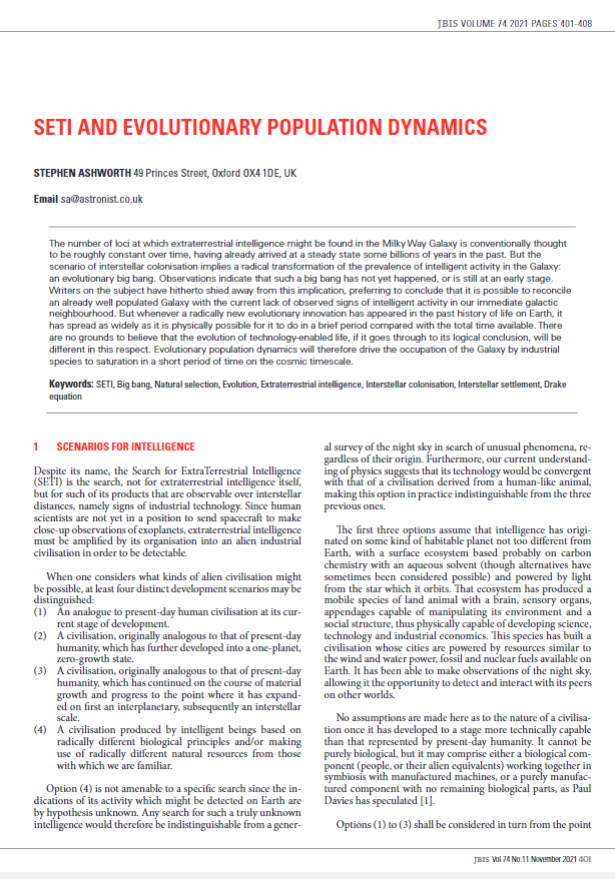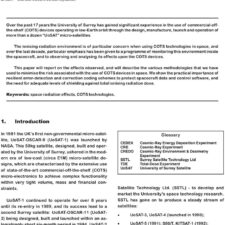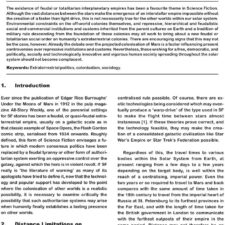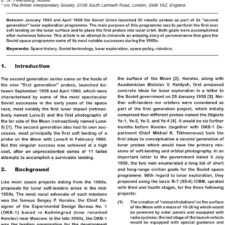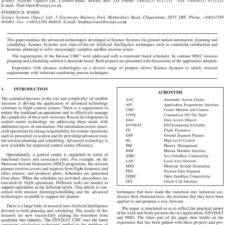SETI And Evolutionary Population Dynamics
£5.00
S. Hashworth. (2021), JBIS, 74, pp.401-408
Refcode: 2021.74.401
Abstract:
The number of loci at which extraterrestrial intelligence might be found in the Milky Way Galaxy is conventionally thought to be roughly constant over time, having already arrived at a steady state some billions of years in the past. But the scenario of interstellar colonisation implies a radical transformation of the prevalence of intelligent activity in the Galaxy: an evolutionary big bang. Observations indicate that such a big bang has not yet happened, or is still at an early stage. Writers on the subject have hitherto shied away from this implication, preferring to conclude that it is possible to reconcile an already well populated Galaxy with the current lack of observed signs of intelligent activity in our immediate galactic neighbourhood. But whenever a radically new evolutionary innovation has appeared in the past history of life on Earth, it has spread as widely as it is physically possible for it to do in a brief period compared with the total time available. There are no grounds to believe that the evolution of technology-enabled life, if it goes through to its logical conclusion, will be different in this respect. Evolutionary population dynamics will therefore drive the occupation of the Galaxy by industrial species to saturation in a short period of time on the cosmic timescale.
Out of stock

